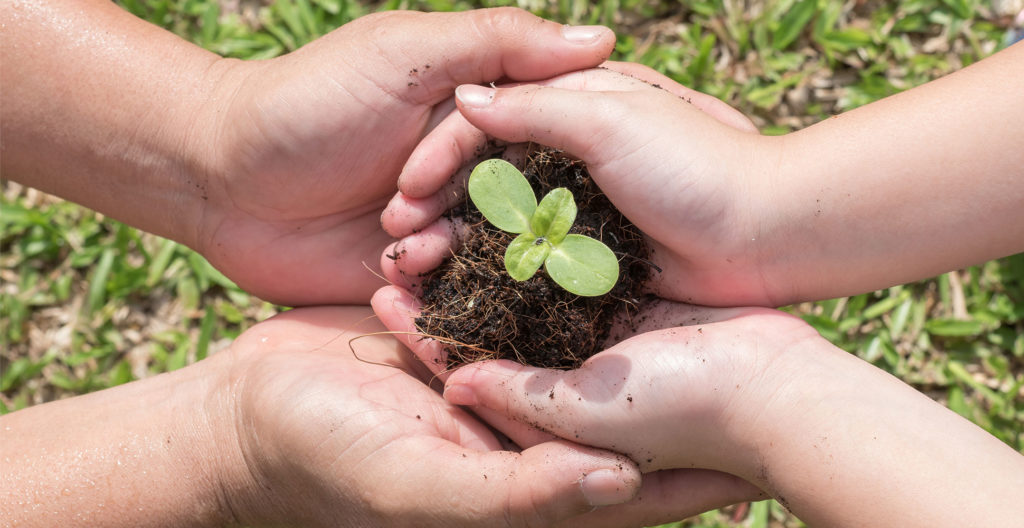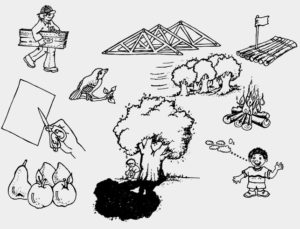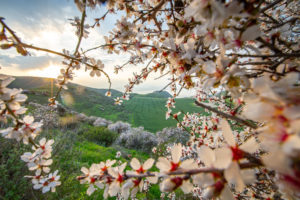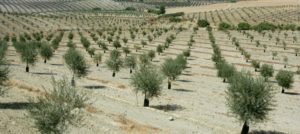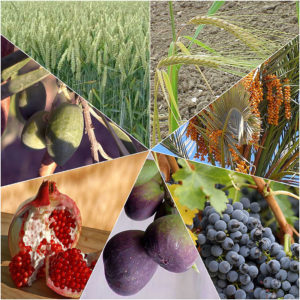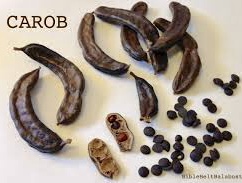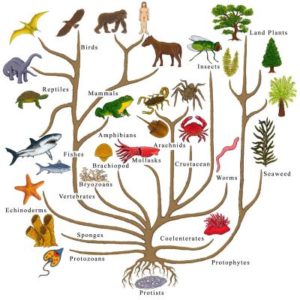This is a springtime festival known as The New Year for Trees.
Its name literally translates from the Hebrew as the 15th day of the Hebrew month of Shevat in the Jewish Calendar which corresponds to either late January or early February.
Why?
It celebrates that winter is coming to an end. We look forward to Spring – we celebrate the importance of trees and plants and we give thanks for the fruits of the earth.
We focus on trees because they are incredibly important to us all. They are the biggest plants on the planet, they give us oxygen to breathe and they store carbon to prevent climate change. They hold the soil in place. They give us and animals fruits and nuts. They give life to the world’s wildlife. They give shade and shelter. They give us wood for tools, furniture and even paper. Above all, they are beautiful to look at and remind us of God’s creation- Nature.
History
The first Bible story tells us of the Creation. When God created Adam, the first man, He took him to see the trees in the Garden of Eden and said to him. “Look at My work. See how beautiful it is, how excellent. All this I create for you. Take care that you do not spoil or destroy it, for if you do, there is no one left to repair it after you”.
Hence from this very early commandment and many other references in the Torah, Jews have placed great importance on the Natural World and its ‘guardianship’.
In Biblical times, the Jews were given a rule about trees. In the first three years of a tree’s life they should leave it to grow without taking any of the fruit that might appear. In the fourth year they could pick the fruit but set it aside to give thanks to God. In the fifth year of the tree’s life they could pick the fruit and eat it.
At Tu B’Shevat the Jews would calculate how old the trees were and whether they should leave the fruit, give it to God or eat it. They knew that soon warmer weather would be coming and then the trees would be covered with blossom and the beginnings of leaves followed by the seeds and then the fruits. It was a hopeful time.
How Tu B’Shevat is celebrated today
Today, the festival has a strong environmental emphasis. We celebrate the festival by planting many new trees and saplings in memory of loved ones and for the people and animals that will come after us. This is especially true in Israel where the work of the JNF (Jewish National Fund) has resulted in a massive revival of the land and the turning of a dry and desert land into one of the most fertile countries in the Middle East. In Israel, they often plant olive or fig trees which are two of the trees mentioned in the Bible and which grow very well there in the hot climate.
Jews in the Diaspora will fundraise for this and also for other ecological projects.
Jews also celebrate the festival by having a special meal called a Seder and also by eating as many types of fruit as possible – the rarest and more exotic the better! In particular, native Israeli foods known as the Seven Species are highlighted. These are wheat, barley, grapes, figs, dates, pomegranates and olives.
A place of honour is also given to almonds as the almond is the first tree to bloom in the Spring and also the fruit of the carob tree which was abundant in Israel when the festival was inaugurated.
Children have fun cooking Tu B’Shevat recipes and engaging in topical craftwork.
Summary
The festival of Tu B’Shevat reminds us that we have only one world and that we are its only guardians. We must do all we can to look after it and keep it safe, as well as all of its precious resources and riches. The obligation to do this is known as Tikkun Olam (healing the world). This festival inspires us to use our hands and hearts to make the world a better and more beautiful place and one that we can keep safe and well for our children and our children’s children.
In a wider sense, The Torah itself is seen as a “Tree of Life,” a growing and abundant source of spiritual sustenance for Jews. Perhaps this is the best indication of the reverence and respect that Judaism holds for trees and nature in general. The tree is a symbol of life and on Tu B’Shevat, we celebrate that life in joy and gladness.
Prayer for Tu B’Shevat
God of the earth, Thank You for the beautiful world You have made. Thank You for trees. Thank You for the fruit that grows on them and for the great forests of the world that provide the air we breathe. Thank You for the tall branches reaching up to the sky. Thank You for the creatures that live in the branches: birds, insects, monkeys and squirrels. Help us to take care of the world around us. Amen.
